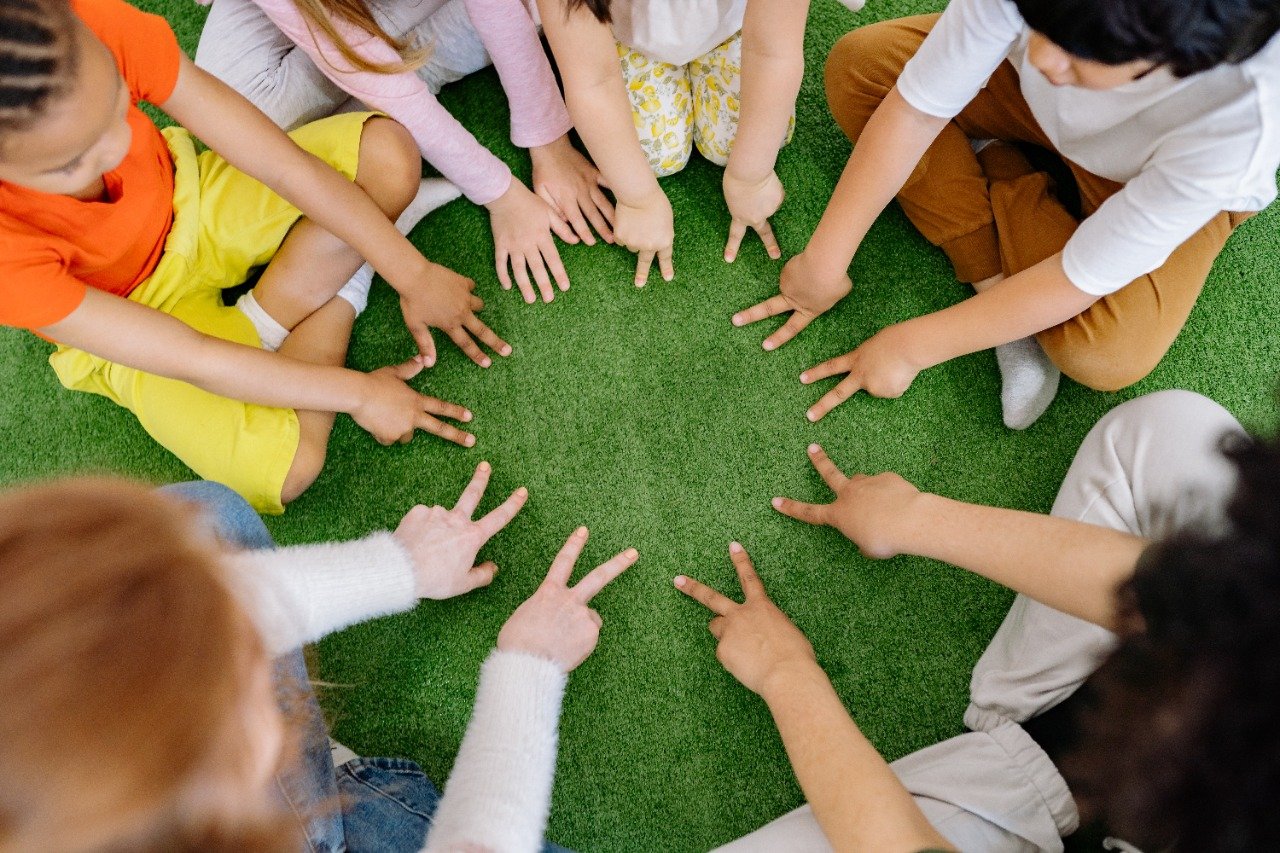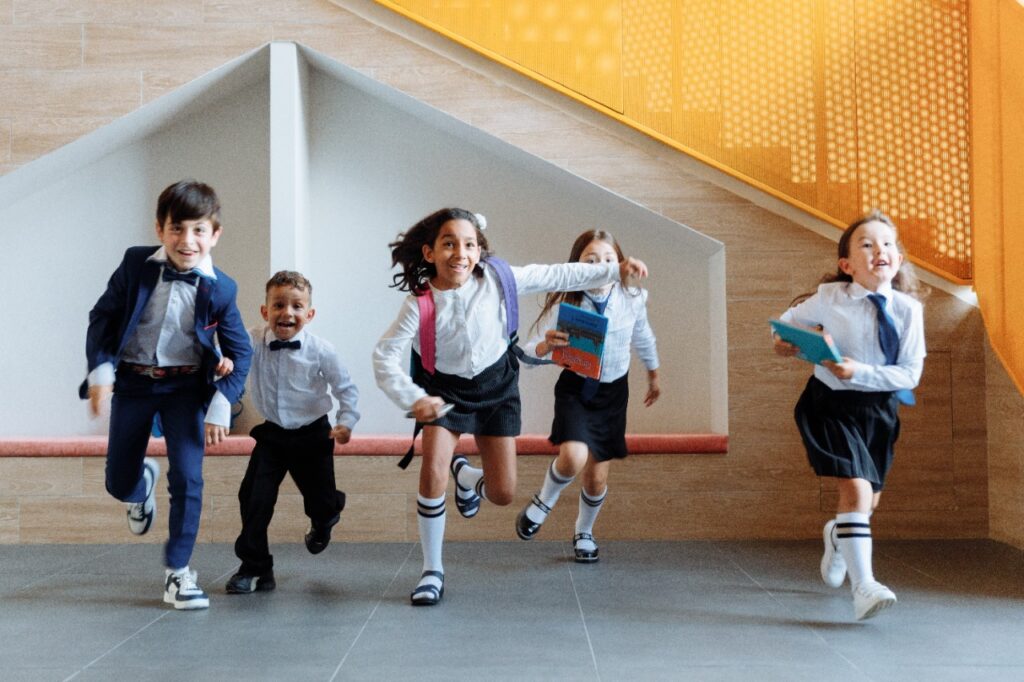Change, is said to be the only constant. The ones who are resistant to change must become obsolete. Humans adjust to change by learning through observation, experience and most importantly I say, through choice. When we proactively choose to change, the progression is natural, we gift ourselves an opportunity to Lifelong Learning and grow through this process.
 Human babies respond to sounds while still in mom’s womb. When they just enter the world, they recognise their mom’s voice from others. While they continue to grow, they learn by exploring their environment, putting all their senses to use. They learn actively through social interactions. This continues as they grow. Humans learn from different sources – people, interactions, environments, experiences and observation.
Human babies respond to sounds while still in mom’s womb. When they just enter the world, they recognise their mom’s voice from others. While they continue to grow, they learn by exploring their environment, putting all their senses to use. They learn actively through social interactions. This continues as they grow. Humans learn from different sources – people, interactions, environments, experiences and observation.
Learning is a very progressive process, for example, if you join a pottery class, the process through which you move from knowing nothing about pottery to creating awe inspiring works of art. This certainly doesn’t just take the initiative to start but by consciously choosing to attain mastery. It takes immense amount of persistence and deep want to improve self. When we look at this progress more deeply, we notice that this individual’s journey to mastery of a craft involves a lot of ongoing, voluntary and self-motivated pursuit of knowledge and skills. Lifelong learning thus, is a highly self-driven process. Unlike the industrial era which enabled students with certain skills that could help them perform certain functionalities to be able to sustain themselves, today’s “Information society” is creating a world without boundaries.
 While pursuit of mastery can be the driving force for some, it may not be so for many. Let’s face it! How many of us really strive towards mastery of a craft and practice that magic attribute of persistence? Not everyone does, this may be due to more than one reason. However, today, adults irrespective of the field they work in are constantly confronted by new skills that are introduced every day in this rapidly evolving world. This causes many working adults to face the famous FOMO. Everyone loves to get that new job, grow in their career or learn things to stay relevant and continue to make sense of the world they are in. For some it’s just the thrill of experiencing and learning new things, like a kid trying to wave board! Who doesn’t love to learn something if it helps them to fit in. So learning is a very social process.
While pursuit of mastery can be the driving force for some, it may not be so for many. Let’s face it! How many of us really strive towards mastery of a craft and practice that magic attribute of persistence? Not everyone does, this may be due to more than one reason. However, today, adults irrespective of the field they work in are constantly confronted by new skills that are introduced every day in this rapidly evolving world. This causes many working adults to face the famous FOMO. Everyone loves to get that new job, grow in their career or learn things to stay relevant and continue to make sense of the world they are in. For some it’s just the thrill of experiencing and learning new things, like a kid trying to wave board! Who doesn’t love to learn something if it helps them to fit in. So learning is a very social process.
Today we live in a world where there is constant evolution in thought, scientific and technological innovations. It is a world that’s experiencing constant and rapid change. Only individuals
who are lifelong learners can quickly adapt and thrive. Learning thus, is never confined to childhood or to the classroom. We must be ready to embrace new learning at any stage of life and in any given setting.

Lifelong learning is soon evolving as an attribute or a competency for professional success as well. Today organisations encourage individuals who demonstrate learnability and motivate them to learn new things, improve themselves and attain new skills. Highly skilled workers are at the heart of today’s growing economies.
Clearly, lifelong learning is not a term limited to learning spaces like schools, but they are a great place to start. Educators can foster self-directed lifelong learning through conscious inclusion and practice of a skill – Metacognition. Educators must encourage students to learn on discovering how they learn and how they think. This will help learners to own their learning and practice lifelong learning skills.
In classrooms, this can be achieved by :
- Creating learning environments and experiences that support open ended learning and foster autonomy.
- Building a culture that motivates questioning and enables learners to plan and choose the best approach to discover answers.
- Enabling transdisciplinary learning by integrating different disciplines, because no real world problem can be solved through the lens of a single discipline.
- Adopting constructivist approach, so that learners can make connections between their current learning and their previous experiences and move on to much more complex ideas.
- Engaging in guided reflection through reflective prompts that promote metacognition –
- What aspects of my learning connect to or conflict with what I already know?
- How successful was I with the task?
- Would I approach this task differently the next time?
- How did my thinking affect the task?
- What new resources or strategies might I use if I approach a similar task?
- Fostering agency through intrinsic motivation to attain mastery by laying out clear objectives and explaining the success criteria.
- Encouraging collaboration and conversation to create relationships that help learners engage in metacognitive thinking.
Lifelong long learning can manifest in various forms, whether it is asking questions to carry out an inquiry, taking a pottery class, signing up for a course, learning a new language or may be picking up a new book to read, all these have proven to cause the development of new neural connections which helps us to stay nimble. It improves our confidence to face challenges. It drives us to be more social, develops our interpersonal skills. It also helps individuals to experience fulfilment in whatever they do. In the world of MOOCs which provide unlimited access to learning, lifelong learners are the ones who prioritise their personal learning and development. They develop and apply 21st century skills to catapult their learning through digital literacy, communication, collaboration, creativity and problem solving.
Rachana Kothapally
IB Educator
Former IB PYP Coordinator – Silver Oaks International School, Bangalore, India








































